-

Requester’s Voice: Edward Vielmetti
In this week’s Requester’s Voice MuckRock goes hyperlocal with Ann Arbor’s Edward Vielmetti. From parking garages to sidewalks, Vielmetti is plugged in to Wolverine territory. He shows us why working with public documents should extend beyond federal fiddlings and how to impact a local community.
-

Requester’s Voice: Ryan Shapiro
Ryan Shapiro’s surgical FOIA tactics sent the FBI scrambling to block his efforts. Shapiro’s deluge of wisdom and narrative sprinkles range from understanding the government’s stance on political dissent to his ongoing “street fight” with the FBI and why our democracy depends on the health of the Freedom of Information Act.
-

Crunching the DEA’s drug loss data
The DEA requires reporting of losses or thefts of controlled substances. Here’s our initial dive on eight months of nationwide data on employee pilferage and misplacement of regulated drugs and chemicals.
-

“A prolific instigator” Lady Malcolm Douglas-Hamilton’s FBI file
Lady Malcolm Douglas-Hamilton’s extensive FBI file reveals the philanthropist and socialite’s failed efforts to connect with J. Edgar Hoover.
-

After public records request, Boston Police suspends license plate scanner surveillance program
Data from more than 68,000 Boston Police Department automated license plate reader scans — a fraction of the total scans the department has performed since 2006 — show the department’s program violated its own rules and failed to effectively follow up on leads that had been flagged dozens of times.
-

Army releases “Hot Topic” FOIA list that requires notifying leadership
The US Army maintains a list of “Hot Topics,” and FOIA officers are expected to notify senior leadership about any FOIA requests around these subjects before disclosing information. The list includes Don’t Ask Don’t Tell, Arlington National Cemetery, and Bradley Manning or Edward Snowden.
-

Keep the public’s work the property of the public
Encroaching or unclear copyright means that taxpayer-funded documents and data are less usable, available, and analyzed. Fortunately, there are some best practices for making sure that does not happen.
-
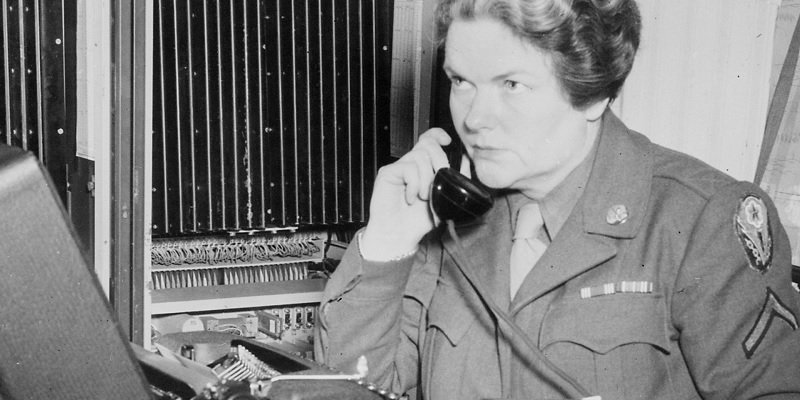
So what if the government tracks my phone calls?
It’s a phrase I heard at a party in the wake of former National Security Agency analyst Edward Snowden’s document leaks. And it’s a question that will no doubt reappear at Christmas parties this year, no matter the country you live in. The NSA is global. And this question brings us to, of all people, Senator Dianne Feinstein of California.
-
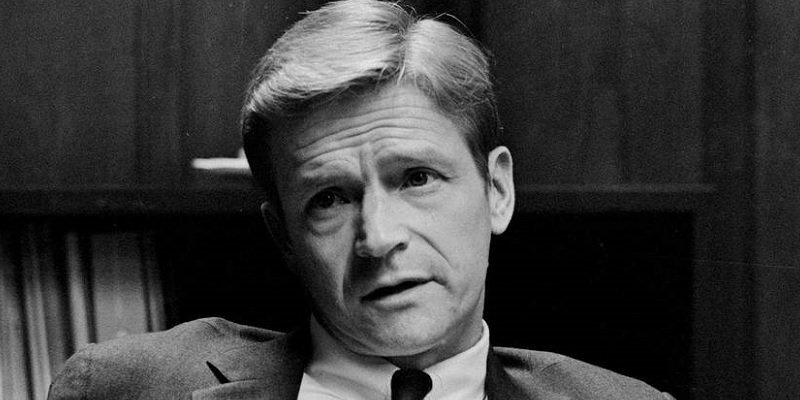
“Perhaps a bit controversial” FBI files on John Silber
The FBI twice conducted background checks on Boston University president John Silber, both before his unsuccessful gubernatorial bid in 1990. While acquaintances emphasized Silber’s eloquence and headstrong nature, the file makes only brief mention of perennial battles with BU staff and student body or the federal bribery investigation around Boston mayor Kevin White.
-

NYPD continues to reject routine requests
The arbitrary rejection of records requests by New York City Police Department continues. In this episode, NYPD rejects my routine request for an arrest report in bold opposition to guidance from the New York Committee on Open Government.
-

Requester’s Voice: Julia Horwitz
Julia Horwitz is open government counsel at the Electronic Privacy Information Center (EPIC). A U.S. District Court recently ruled in favor of EPIC regarding documents being withheld by the Department of Homeland Security. Read about that court battle and more in this week’s Requester’s Voice.
-
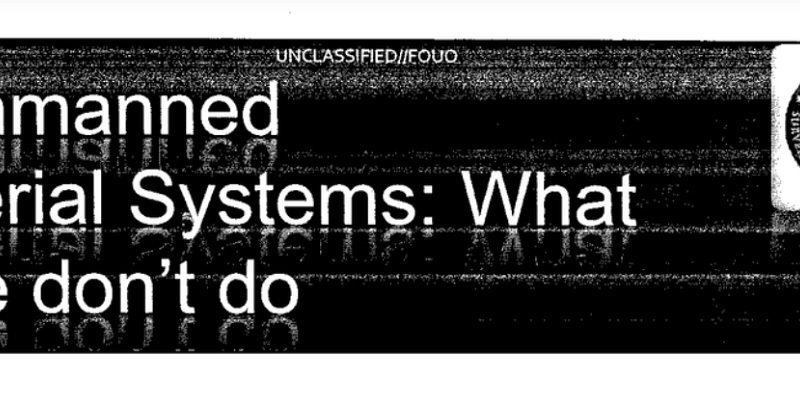
FBI finally releases some (heavily-redacted) drone documents
The Citizens for Responsibility and Ethics in Washington have won a FOIA lawsuit against the FBI, which must release hundreds of pages on its domestic drone deployments over the coming weeks. The first release sketches a rough timeline of the Bureau’s drone fancy, offering fascinating leads for further digging for the Drone Census.
-

Booz Allen Hamilton and the “trade secrets” FOIA exemption
The FCC gave Booz Allen Hamilton chance after chance to suggest redactions to its contract documents. The corporation’s back-and-forth with an FCC lawyer provides a background glimpse into how the “trade secrets” exemption works in practice.
-

NSA contracts stored manually in paper files
Wish you were a little more organized? Have trouble finding that archived contract when you actually need it? Don’t feel too bad: The National Security Agency has the same problem, claiming that its contract database is stored manually and impossible to search by topic, category, or even by vendor in most cases.
-

The Drone Census flies again
In the first round of the Drone Census, MuckRock found drones in some unexpected places, from large police departments to small research agencies. In this next round, we intend to find every single UAV flying in domestic skies.
-

Close tabs kept on people filing Snowden-related FOIA requests
In August, the Associated Press asked the Office of the Director of National Intelligence whether it had issued instructions to monitor or detain journalists Glenn Greenwald, Barton Gellman and Laura Poitras and their associates David Miranda and Edward Snowden. While ODNI claims not to have any guidance documents on tracking these individuals, processing notes from the request indicate that its FOIA office is keeping tabs on requests related to the Snowden leaks.
-
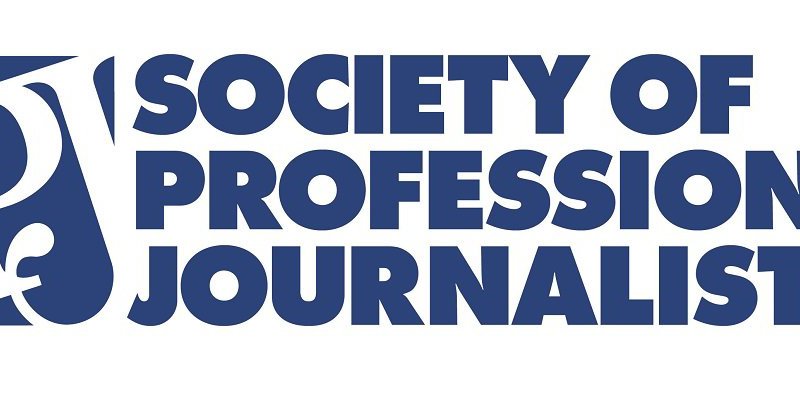
Requester’s Voice: David Cuillier
David Cuillier is director of the University of Arizona journalism school, as well as president of the Society of Professional Journalists and author of the seminal public records how-to, “The Art of Access.” MuckRock caught up with the FOIA guru to talk about the future of access, bizarre denials and practical strategies for acquiring documents.
-

Obama’s latest FOIA reforms needed because past ones not implemented
President Obama is fond of touting his open government pledge and his latest proposals to reform Freedom of Information Act compliance identify real issues in sore need of remedy. But FOIA needs more than promises.
-

New York cashes in on I ♥ NY licensing
New York’s economic development agency owns the family of “I Love New York” trademarks and service marks. Records released to MuckRock show the state has brought in about $282,000 by enforcing its copyright in the last two years.
-

Requester’s Voice: John Young
For lovers of primary documents, there are few sites as rewarding, and beguiling, as Cryptome. In today’s Requester’s Voice, founder John Young shares the method to the site’s madness, how broken public access poisons media and democracy, and why he suggests spending just one hour a year on FOIA.
-
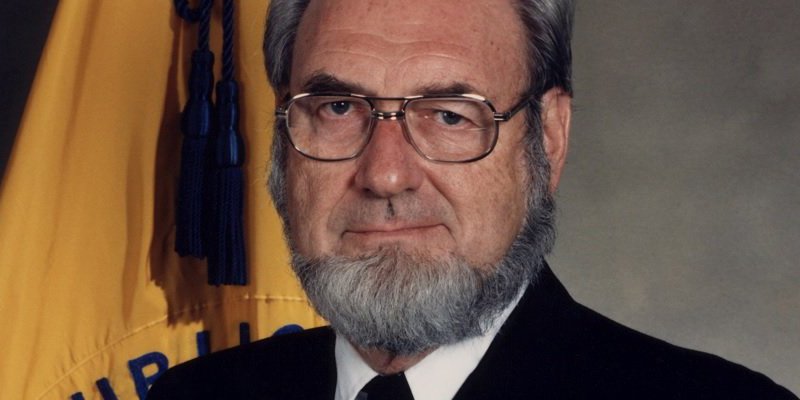
FBI investigated threat to kill Surgeon General C. Everett Koop over cigarette labels
As the Surgeon General who rolled out tobacco warning labels and sent a pamphlet about AIDS to every household in the country, C. Everett Koop had his share of critics. While the FBI’s background check came up exemplary, they twice investigated threats against his life.
-
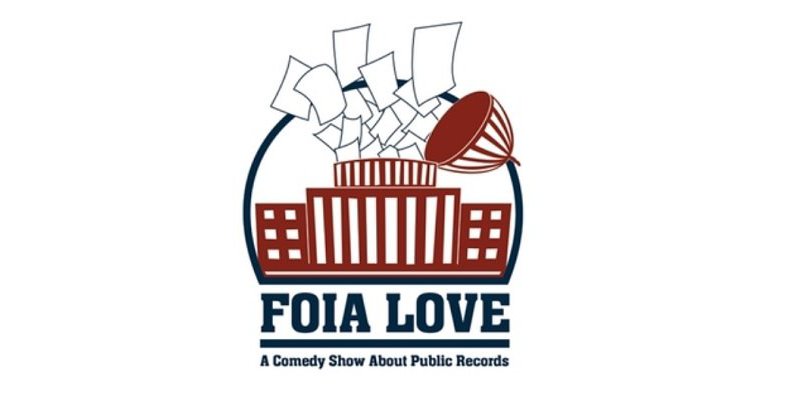
Requester’s Voice: Curtis Raye
Curtis Raye is that rare comic who turns to the FBI Vault and PACER in search of material. As every FOIA nerd could predict, he doesn’t have to look far for true tales of the absurd for his new NYC variety show. He just has to be patient. ‘FOIA Love’ mines funny from public records… both light-hearted and dark
-
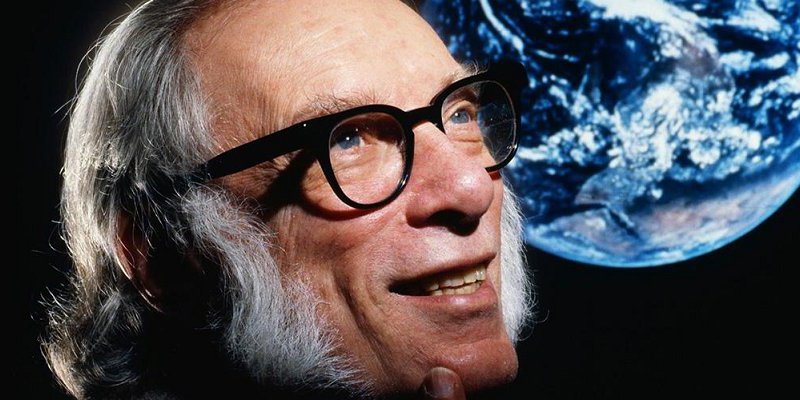
Was Isaac Asimov secretly “ROBPROF,” a Soviet spy within the highest ranks of academia?
By September 14th, 1960, Isaac Asimov had been a professor of biochemistry Boston University for 11 years, and his acclaimed “I, Robot” collection of short stories was on its seventh reprint. This was also the day someone not-so-subtly accused him of communist sympathies in a letter to J. Edgar Hoover.
-

Mayor Elect de Blasio: Set NYPD records free!
Bill de Blasio, freshly elected mayor of New York City, has been a vocal critic of New York Police Department’s dismal transparency record. As he takes the City Hall reins, he has the power to evolve from critic to transparency catalyst.
-

What you’ve found in the FBI’s Madrid file so far
The FBI’s file on the 2004 Madrid train bombings is massive, so we’ve asked for help in digesting them. Here’s some of the most interesting finds in the 3,853 pages.